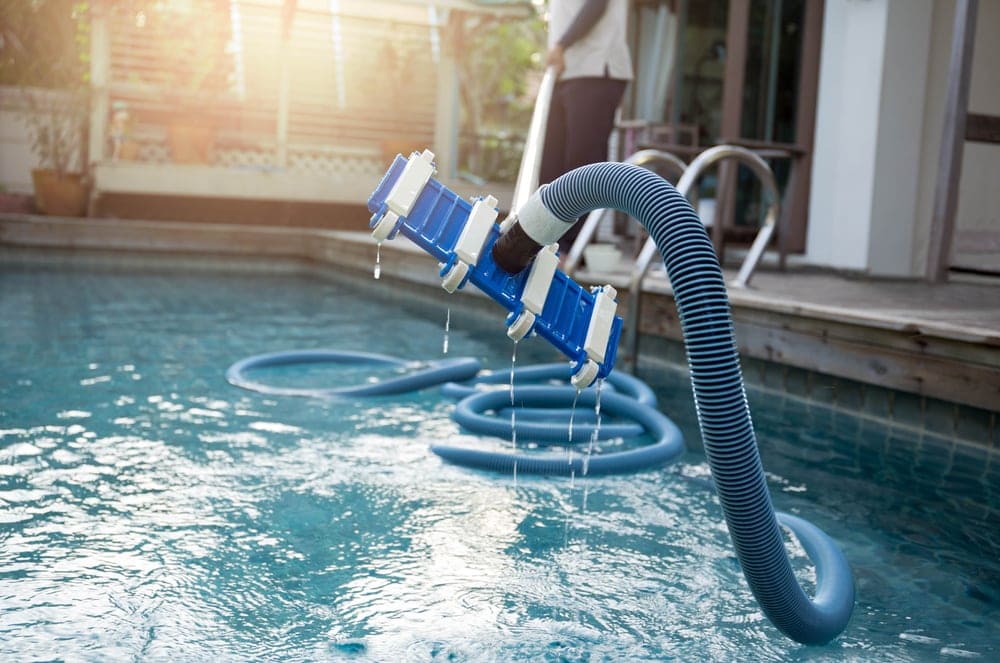Introduction to In-Ground Pool Maintenance
Maintaining an in-ground pool involves a series of regular practices that ensure cleanliness, safety, water chemistry balance, and structural integrity. To extend the lifespan of your in-ground pool and minimize costly repairs, understanding and implementing a thorough maintenance routine is essential.
Regular Cleaning: Ensuring a Sparkling Pool
One of the most important aspects of pool maintenance is regular cleaning. This prevents algae, dirt, and debris from accumulating and affecting the water’s quality. Implementing a weekly cleaning schedule that includes skimming the surface, vacuuming the bottom, and brushing the walls and tiles can significantly improve the appearance and hygiene of your pool.
Water Chemistry: Balancing for Safety and Comfort
Keeping the water chemistry of your pool balanced is crucial. The pH level, which should be maintained between 7.2 and 7.8, ensures that the water is neither too acidic nor too basic, protecting the pool equipment from corrosion and ensuring swimmer comfort. Additionally, chlorine levels need to be kept in check to effectively sanitize the pool without causing irritation to swimmers’ skin and eyes.
Filter Maintenance: The Heart of Circulation
The pool filter is a central component of your pool’s circulation system. Cleaning or replacing your pool filter regularly is vital to maintaining clear water. There are three main types of pool filters: sand, cartridge, and diatomaceous earth (DE). Each type requires specific maintenance practices, which, when followed, significantly extend the life of your pool equipment.
Pool Pumps: Keeping the Water Moving
A well-functioning pump is critical for keeping the pool water properly circulated and filtered. It helps distribute chemicals evenly and prevents algae and bacteria from settling. Ensuring that the pool pump is in good working order involves checking its operation daily, ensuring it runs long enough each day to pump the entire volume of the pool at least once.
Seasonal Care: Winterizing and Summer Preparation
Seasonal changes demand specific pool care routines. Winterizing your pool includes lowering the water level, draining all equipment, and covering the pool properly to prevent debris and algae growth during the cold months. Conversely, preparing your pool for summer should involve a thorough inspection, re-filling the pool, re-establishing chemical balance, and ensuring all equipment is operational.
Leak Detection and Repair: Protecting Pool Integrity
Regularly check for signs of wear and leaks in both the structure of the pool and its equipment. Early detection and repair of leaks is crucial to prevent water loss, potential damage to the surrounding area, and increased costs from wasted water and chemicals.
Professional Pool Inspection
Although regular homeowner maintenance is crucial, annual inspections by a professional can help catch issues that might be missed otherwise. Professionals can provide more thorough inspections of plumbing, hardware, and structural components.
Cost-Effective Maintenance Strategies
Implementing cost-effective strategies, such as upgrading to energy-efficient pumps, using solar pool covers, and installing timers can reduce the overall operating costs of your pool. These investments help in maintaining optimal pool condition and lowering energy bills.
Conclusion
Maintaining your in-ground pool with regular, detailed care not only extends its life but also enhances your swimming experience. Adhering to a strict maintenance schedule ensures that your pool remains a safe, clean, and enjoyable environment for everyone.


